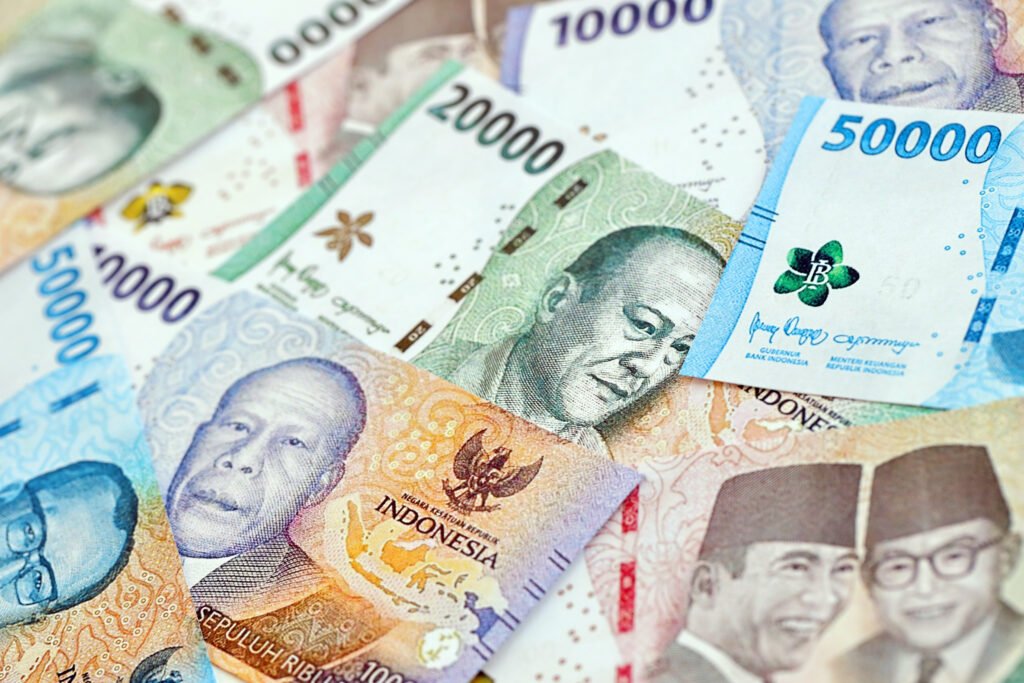
Indonesia’s Ministry of Finance is preparing a bill to redenominate the rupiah by removing three zeros from the national currency. The initiative, outlined under Finance Minister Regulation No. 70 of 2025, is part of the ministry’s strategic program for the 2025–2029 period. The draft legislation is expected to be finalized by 2027.
According to the ministry, the redenomination process will not alter the real value of goods or services. For example, Rp1,000 will be converted to Rp1, but the currency’s purchasing power will remain the same. Officials emphasize that the adjustment focuses purely on simplifying currency denominations to make financial transactions more efficient.
Objective: Economic Efficiency and Currency Stability
Government representatives have stated that the redenomination aims to strengthen economic efficiency and improve Indonesia’s global competitiveness. The policy is also expected to enhance the stability and credibility of the rupiah both domestically and internationally.
The ministry highlighted that such a measure would support Indonesia’s long-term economic growth momentum. By introducing a simpler currency structure, the government seeks to modernize financial systems and reinforce international confidence in the rupiah.
Redenomination Plan Revived After a Decade
This policy marks a revival of a proposal first introduced in 2013, when the government submitted a similar bill to the House of Representatives. The earlier plan also called for removing three zeros from rupiah banknotes and coins. However, that initiative was eventually postponed without approval.
The renewed effort signals a renewed commitment to currency simplification, aligned with the government’s broader economic reform agenda for the next five years.
Central Bank Support and Implementation Challenges
Bank Indonesia Governor Perry Warjiyo reaffirmed in 2023 that the central bank is ready to support the redenomination policy. He emphasized the importance of close coordination between the Finance Ministry and Bank Indonesia to ensure a smooth transition.
Despite the support, experts have noted that redenomination is a complex, multi-year process. Former Bank Indonesia Deputy Governor Mirza Adityaswara previously cautioned that implementing such a change could take up to a decade. He also stressed the need for comprehensive public education to prevent confusion about the real value of money and purchasing power during the transition period.
Lessons from Other Countries
Several countries have implemented similar policies in the past. Turkey, for instance, completed its redenomination process over seven years from 2005 to 2009, supported by a stable economy and consistent monetary management. Poland and Korea have also undertaken comparable initiatives, each requiring careful preparation and gradual execution.
Planned Actions
The Indonesian government is currently drafting the redenomination bill. Once completed, the proposal will be submitted for legislative review before implementation.
Officials maintain that the redenomination will proceed only when macroeconomic conditions are stable and public readiness is ensured. The Finance Ministry’s target of completion by 2027 reflects a cautious yet structured approach to modernizing the national currency.









